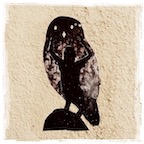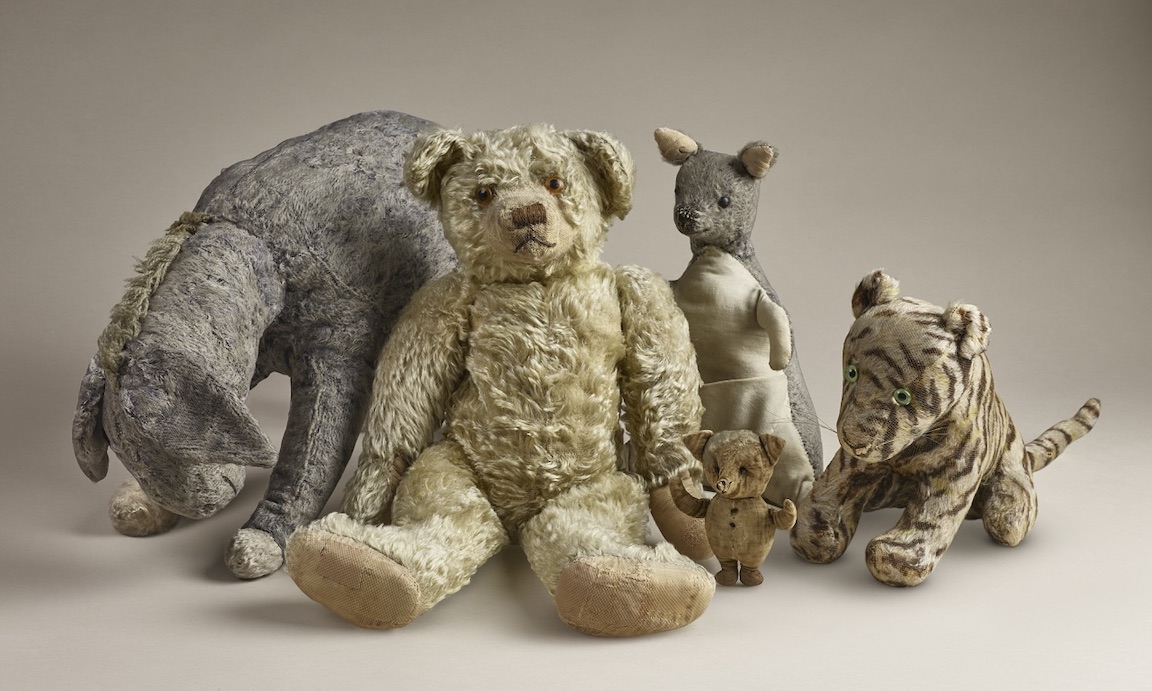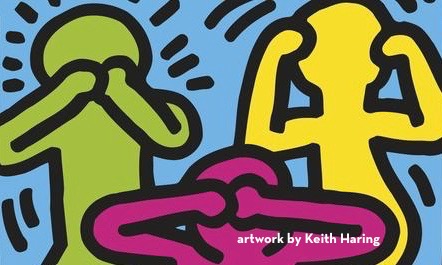POWER TO THE PEOPLE
I kinda sorta had an idea of what I was going to write about this week, but then last night we went to see Christopher Nolan’s movie, Oppenheimer. So now my mind is a churning sea of paradox and ambivalence, even more so than usual.
I’m thinking about power — creation and destruction, mind and matter, individuals and communities and nations — our awesome potential, our awful capacities.
And what do we do with it? What do we not do? How much is too much of a good thing?
The primary thrust of New Thought philosophies is about recognizing, claiming, and sourcing the infinite power of Life Itself, of the Universe, of God (whatever you want to call It). As we awaken to our innate spiritual and creative magnificence, we empower ourselves with boundless authority. Ernest Holmes mentions “Power” 160 times in The Science of Mind. Generally, the goal is to tap into more and more of It, consciously and intentionally. And in a lot of ways, this sounds really great. Because, clearly, the more powerful we are, the better we can transform our lives and create the world. Right?
But we could also destroy it all. Which seems like it might be a problem. At least, it’s something to watch out for. Too much power sounds like a really bad thing. In the 19th century, Lord Acton cautioned, “Power tends to corrupt, and absolute power corrupts absolutely.” That’s been a truism of democracy since before Acton said it. And I think most of us would agree that we need checks and balances against power.
So I’ve got seriously mixed feelings about the whole idea of power. And I think we send each other and ourselves lots of confusing messages around it. Each of us wants power, enough power anyway; nobody wants to be disempowered, victimized, utterly at the effect of things. And — at the same time — is there anything more terrifying, really, than the thought of Limitless Power?
Often, I find myself substituting different words for “power” when it sounds or feels too domineering or aggressive. I’ll talk about agency, autonomy, freedom, and strength, instead. Or I’ll use my favorite word, “creativity” because that always seems positive and pretty and fun. Truth is, though, it all still boils down to power, whatever I’m calling it.
Perhaps it’s a matter, then, of accepting that with power does come tremendous responsibility. Creation always brings its flip side, destruction. Fully owning our strength and potential carries expectations that we’ll do something with all that. When we’re truly at choice, we might err. Freedom must include the possibility of failure.
None of which is a problem, necessarily, but it’s certainly something with which to reckon.
Power has weight. And it’s easy to see why we might sometimes shy away from our own when it feels too burdensome, why we might be tempted to give it away to those who promise to make things easier or better. And then, how we might be suspicious of someone else’s power when we don’t like how it’s going… Ugh.
So, how about this then? Share it and balance it, empower everyone, keep focusing on our shared good and the greatness that we can embody when we do it together. That’s been more or less my attitude, and it has seemed like a pretty decent approach… But then what can happen is that sometimes you get the most brilliant minds of a generation together to harness the unfathomable power of the fundamental building blocks of reality, with the noble goal of ending a war, ending all war, and you unleash the possibility of blowing up the world.
When we were in NYC the week before last, we visited the New York Public Library. Another place that neither Travis nor I had ever been. We didn’t even plan to go there, but just found ourselves in the neighborhood and decided to pop in and check it out. Whoa. Talk about power.
The building itself is freakin’ impressive. A grand edifice even amongst all the skyscrapers of midtown. In the middle of one of the world’s most powerful cities, there’s this monument to knowledge — the awesome power of knowledge and culture.
I didn’t know what to expect, I hadn’t heard about the “Polonsky Exhibition of the New York Public Library’s Treasures.” But there it was — treasure, for free. We saw a Gutenberg Bible, one of 48 copies still in existence. Shakespeare’s first folio. A copy of the Declaration of Independence, in Thomas Jefferson’s own hand. Charles Dickens’s writing desk, Malcolm X’s briefcase, Elia Kazan’s annotated rehearsal script for the original production of A Streetcar Named Desire. And — this one made me sob in the library and it’s got me weeping again this morning — the original stuffed animals that belonged to young Christopher Robin Milne, and which inspired his father, A. A. Milne, to write the Winnie the Pooh stories.
It’s also a monument to the power of money — including the massive wealth of 19th century robber barons, including the backs of the laborers on which their fortunes were built, and then including their philanthropic gifts which made this collection accessible to everyone, including me.
Again, mixed feelings… I’m still sorting it out.
I think there’s something here for me about owning my own power and with that, taking responsibility for everything that it can mean. Also something about not distancing myself from the power evidenced by others. When that shows up as wealth, privilege, talent, connection, it can sure look like imbalance and inequality. It may occur as something that we need to check or halt or redistribute or counter. And maybe it is — maybe that is called for. Even so, I think it behooves us to figure out how to hold it all as an expression of the same Infinite Source into which we need to plug as we reclaim our own might.
I can’t wait to be with you this Sunday, August 13. 10:00am at Maple Street Dance Space. With the divine Patty Stephens. XO, Drew
©2023 Drew Groves




